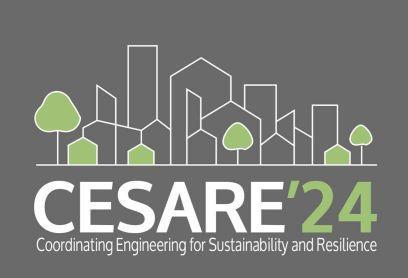Speaker
Description
The Waste Framework Directive (WFD) proposes a Waste Hierarchy, that is, an ordered list of waste prevention and management strategies from the most to the least preferable. Waste prevention is at the top of this inverted pyramid, followed by preparing for reuse, recycling, and then other recovery activities such as waste to energy. At the bottom, the waste disposal at land-fills is the waste management strategy to be avoided.
Although establishing a logical framework for waste management strategies, deviating from the waste hierarchy is envisaged when supported by a com-prehensive life cycle assessment (LCA). Case-by-case assessments show some deviations, whenever a less preferable strategy, according to the waste hierarchy, have lower environmental impacts. Several factors influence the overall environmental impacts of each waste treatment strategy such as ma-terials, constructive solutions, scale of the intervention, available technolo-gies, and location, among others. A comprehensive LCA-based framework was developed to assess construction alternatives and end-of-life (EoL) strat-egies in order to inform decision makers in which context deviating from the waste hierarchy is justified. A multi-level approach, including solutions on a local, building or element scale, can yield vastly different results, which may be relevant when addressing questions posed by each type of stakeholder ac-cording to their scope of action.
This paper developed an LCA-based framework to assess the impacts of each waste management strategies and their adherence or deviation from the waste hierarchy. This new framework can support the correct adoption of the waste hierarchy in the construction sector.
| Topics | Waste management, Circular economy, Environmental engineering. |
|---|---|
| Keywords | Buildings, CDW Management, LCA, Waste hierarchy |

